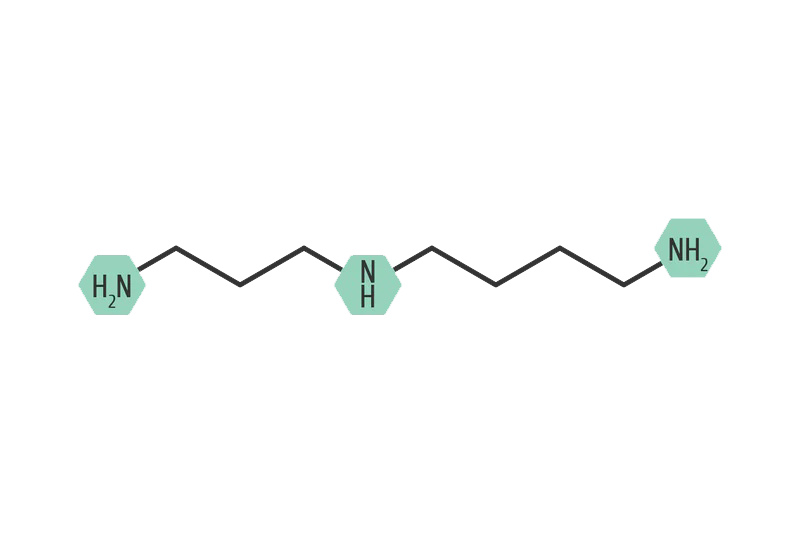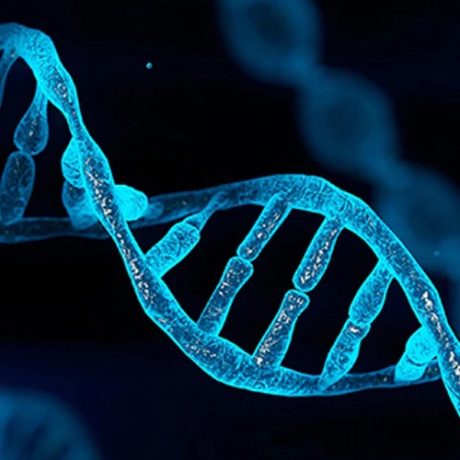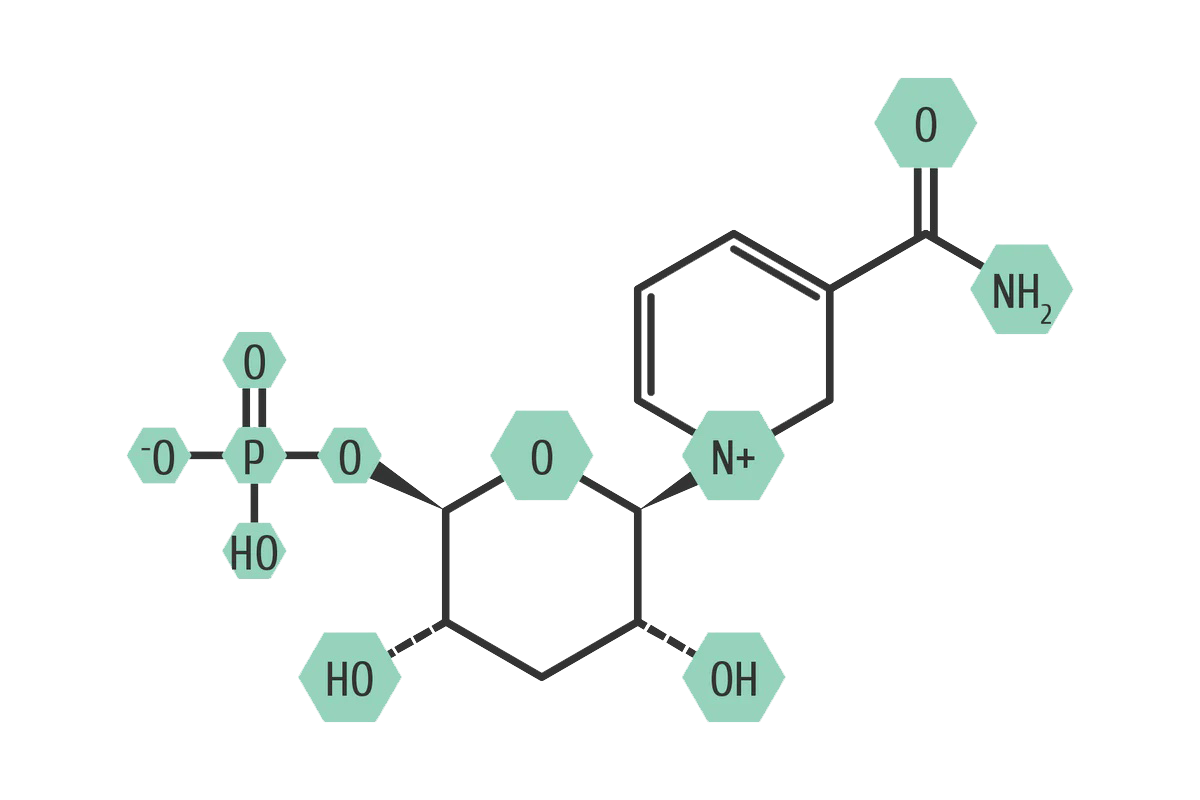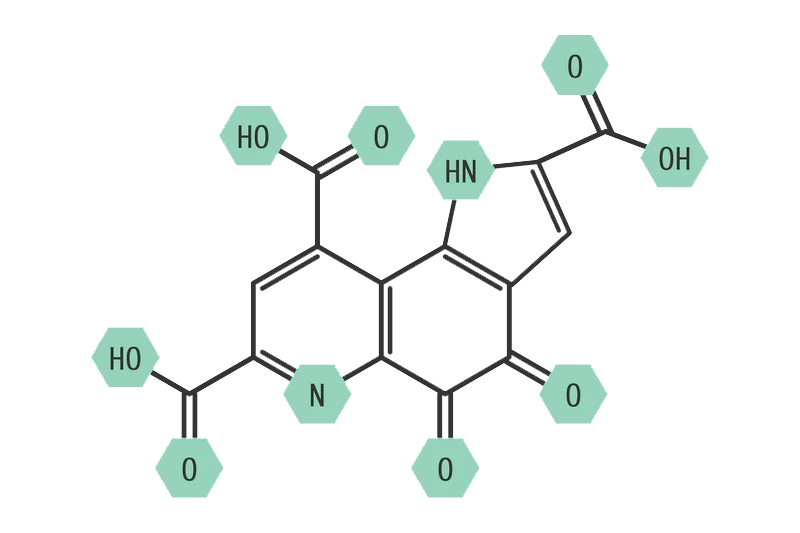What is Spermidine
Spermidine is a natural polyamine compound that is found in all living organisms, from bacteria to humans. It has been studied extensively for its potential health benefits, particularly in the areas of cellular aging and neuroprotection.
At the cellular level, spermidine is involved in a number of important processes, including DNA synthesis, cell division, and protein synthesis. It also plays a role in maintaining the structure and stability of cell membranes.
One of the most intriguing aspects of spermidine is its ability to promote autophagy, a natural process by which cells break down and recycle damaged or unwanted components. Autophagy is important for maintaining cellular health and preventing the accumulation of toxic proteins and other substances that can contribute to age-related diseases like Alzhemier’s and Parkinson’s.
The science behind spermidine suggests that it may have significant health benefits, particularly in the areas of cellular aging and brain health.












